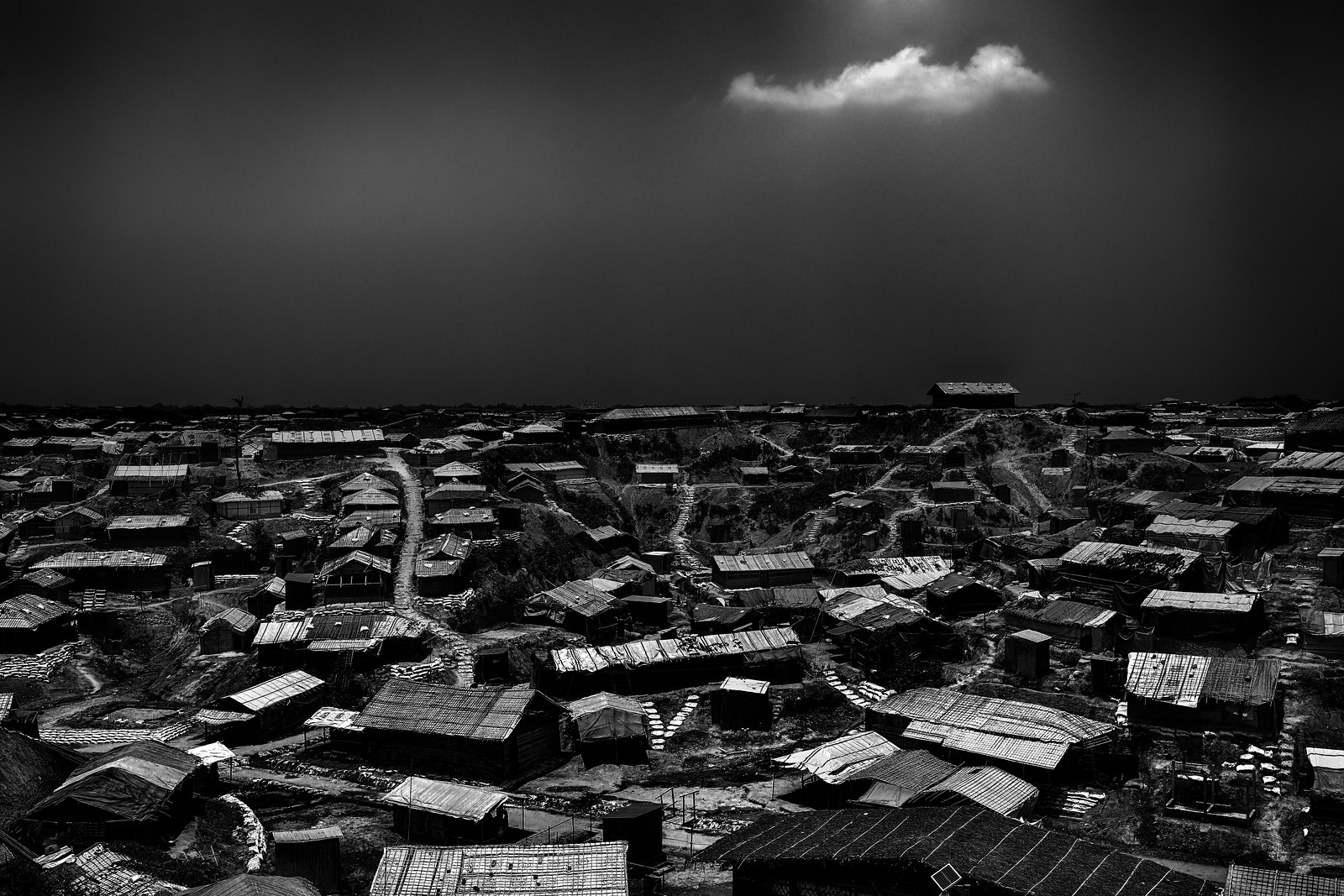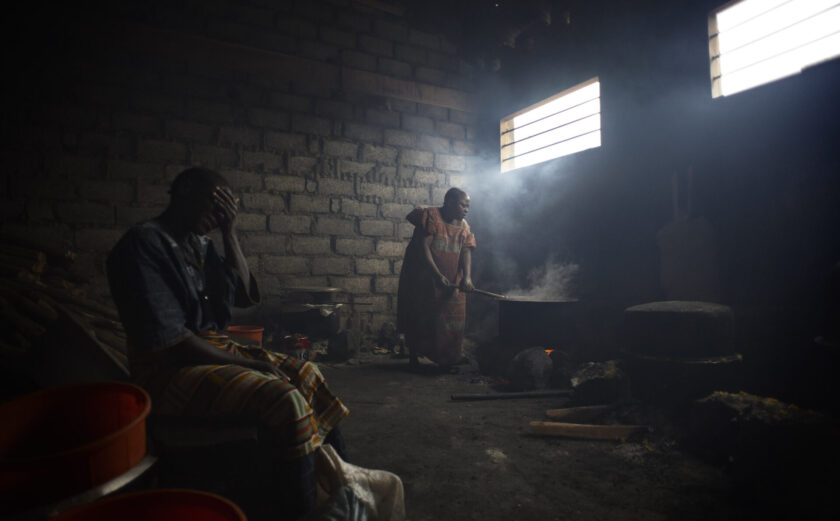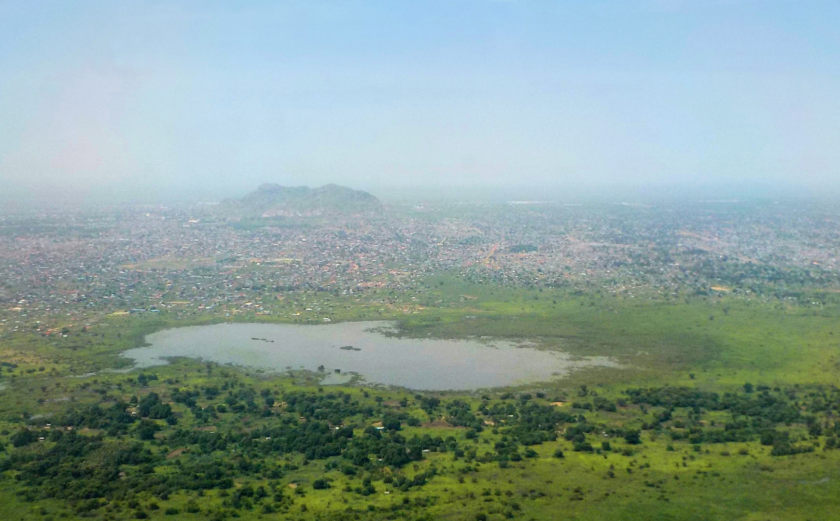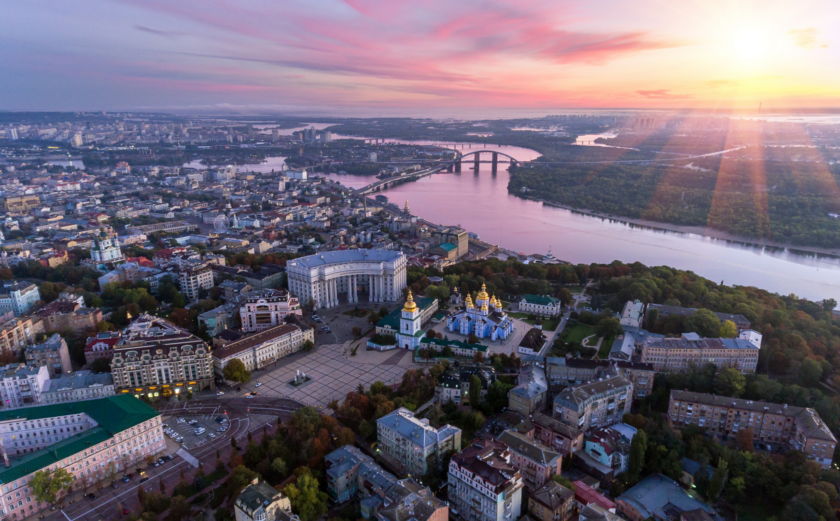
An Invisible Threat
InterAction Observes Day of Remembrance for All Victims of Chemical Warfare
Chemical weapons (C.W.) invoke a unique, inherent fear in people in a way most conventional weapons do not, making them a particularly nefarious means of targeting civilian populations.
Despite significant prohibitions on the use of C.W., their use during the Syrian conflict highlights a broader global trend of increased attacks on civilians during armed conflict.
As we observe the Day of Remembrance for All Victims of Chemical Warfare, we must remember that even war has rules, and all states have a responsibility to respect and protect vulnerable civilians.
Why should humanitarians care about chemical weapon use?
The rise of the industrial age brought the ability to manufacture successfully, bottle, and ship harmful agents in vast quantities to be weaponized for use in warfare. Gasses range from mildly irritating to lethal and can take many forms, including sulfur, mustard, chlorine, and nerve agents. C.W. are effectively an “invisible threat,” not easily countered and potentially bringing staggering psychological and physiological harm. C.W. kill differently and bring a special type of suffering, whether via delayed reaction or internal organ damage.
Chemical weapons are a clear violation of international humanitarian law (IHL). IHL—also known as the law of armed conflict—aims to limit the effects of armed conflict on civilians and non-combatants. At the close of World War I, the 1925 Geneva Protocol banned the use of chemical weapons in international armed conflict. The 1993 Chemical Weapons Convention later prohibited the production, development, stockpiling, and use of C.W. Most recently, in 2013, the U.N. Security Council adopted a binding resolution barring the use, development, production, acquisition, stockpiling, or retention of C.W. by any party in Syria following a chemical weapons attack in a Damascus suburb. These laws make clear that chemical warfare is intolerable—codifying a universally accepted norm that governs the rules of war.
What could happen if no action is taken to punish and prevent future use of chemical weapons?
Those who violate international laws prohibiting the use of chemical weapons must be held accountable. If no action is taken to punish or prevent the future use of C.W., there will be severe implications for humanitarians and the populations they serve:
- Chemical weapon use normalizes an indiscriminate form of killing. Chemical weapons do not distinguish between combatants and civilians. Once diffused in the air, it is impossible to control them. C.W. indiscriminately harm any child, woman, or man in their path. Using them demonstrates a shocking disregard for human life and normalizes barbaric battle tactics.
- Unpunished chemical weapon use paves the way for future violations. If the international community fails to hold violators accountable for the gravest infringement of IHL, hostile actors will likely reuse chemical weapons as a tactic of warfare, disregarding IHL entirely.
- Egregious and continuous civilian harm leads to protracted conflict. Civilian harm, whether by C.W. or other means, creates societal divisions, hinders reconciliation, and triggers retribution by adversaries. Direct harm and continuous risk exposure compound over time, resulting in even more civilian suffering.
What is InterAction doing to reinforce norms to protect people in conflict?
InterAction and its Members promote policies and practices to more effectively minimize harm to civilians in armed conflict. This is pursued, in part, by engaging with the U.S. Department of Defense on a number of issues including the protection of civilian objects (schools, hospitals, and places of worship, etc.), minimizing the displacement of civilians due to military activities, ensuring partnered operations—including with state and non-state armed groups such as Saudi Arabia and the Kurds—don’t compromise civilian safety, and discouraging the use of weapons with wide-area effects in populated areas (EWIPA).
Learn more about the Day of Remembrance for All Victims of Chemical Warfare and check out InterAction’s work on the Protection of Civilians in Armed Conflict.









